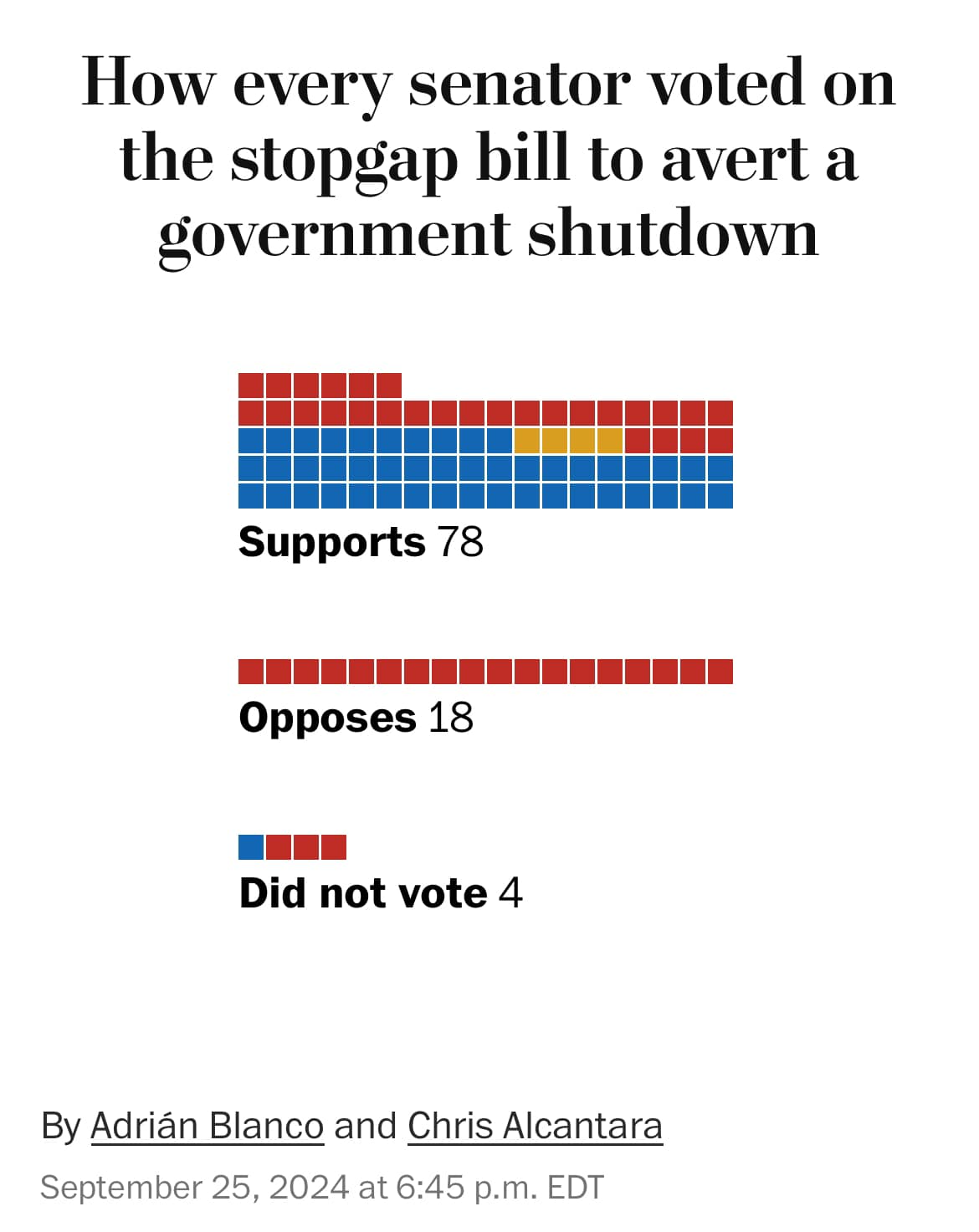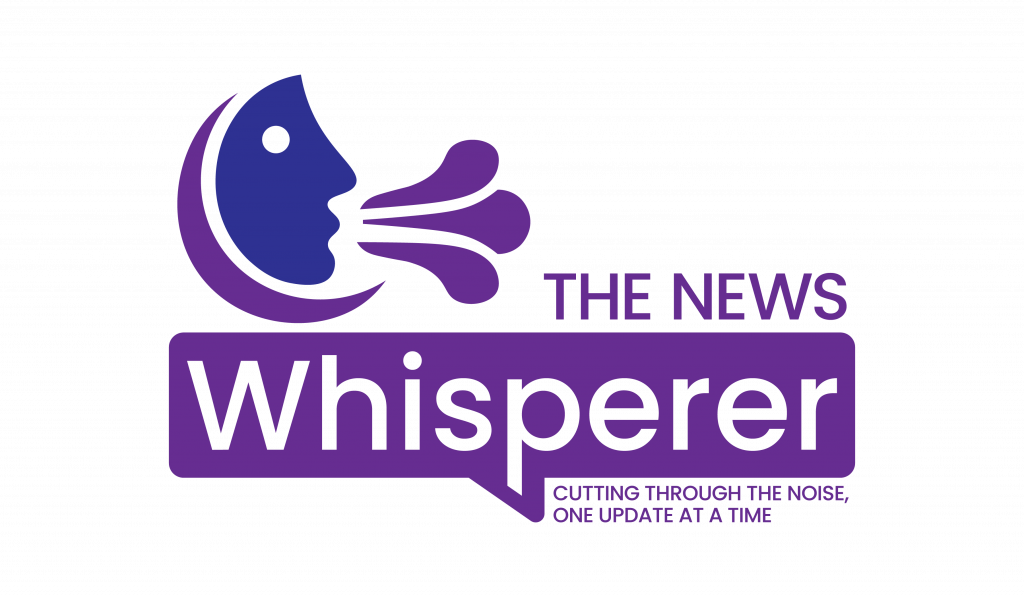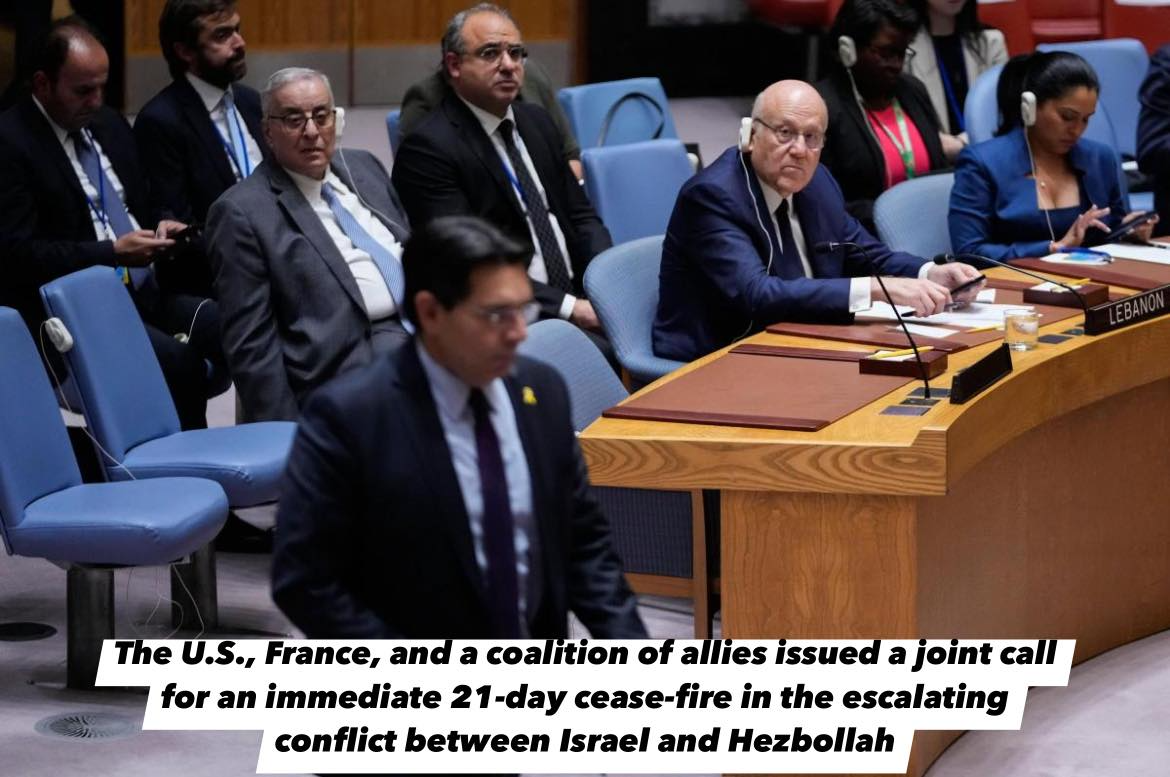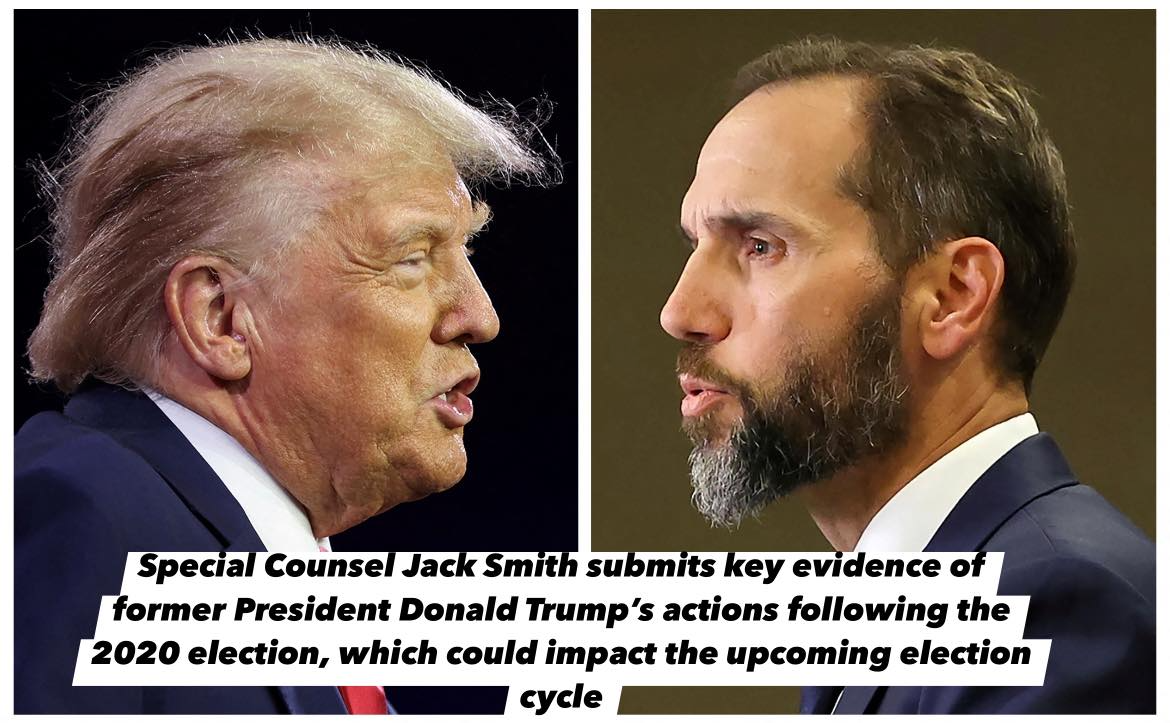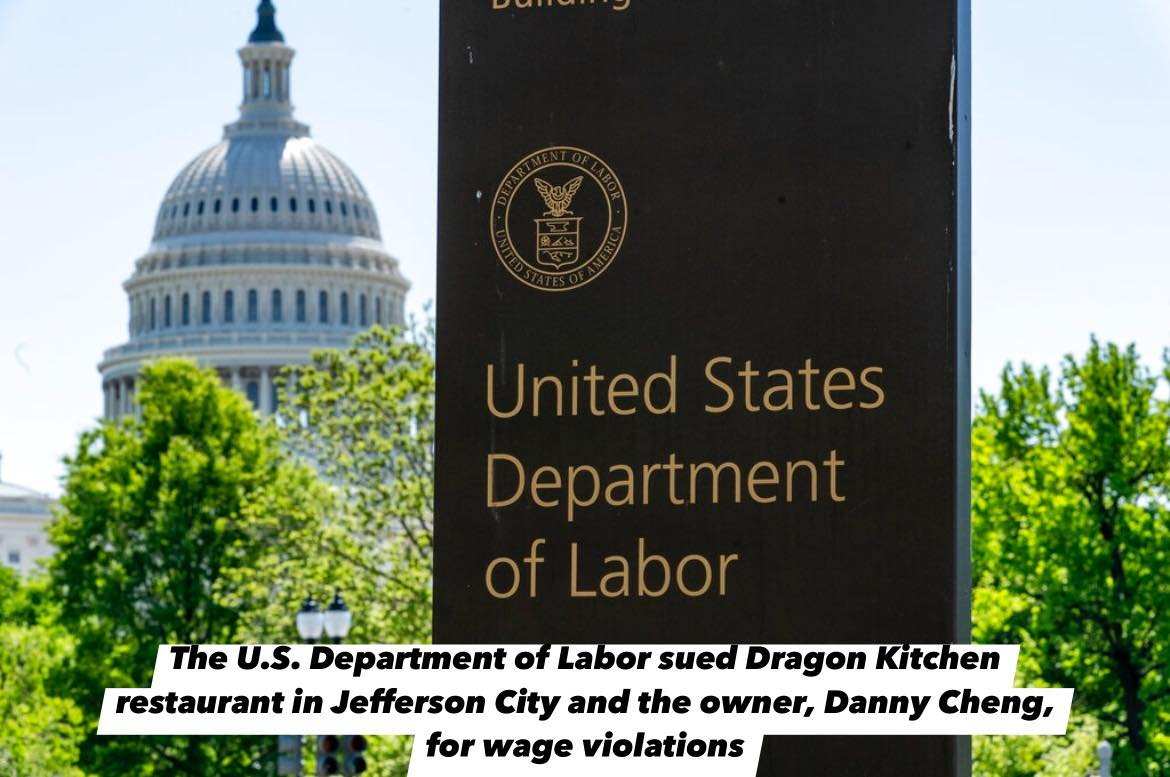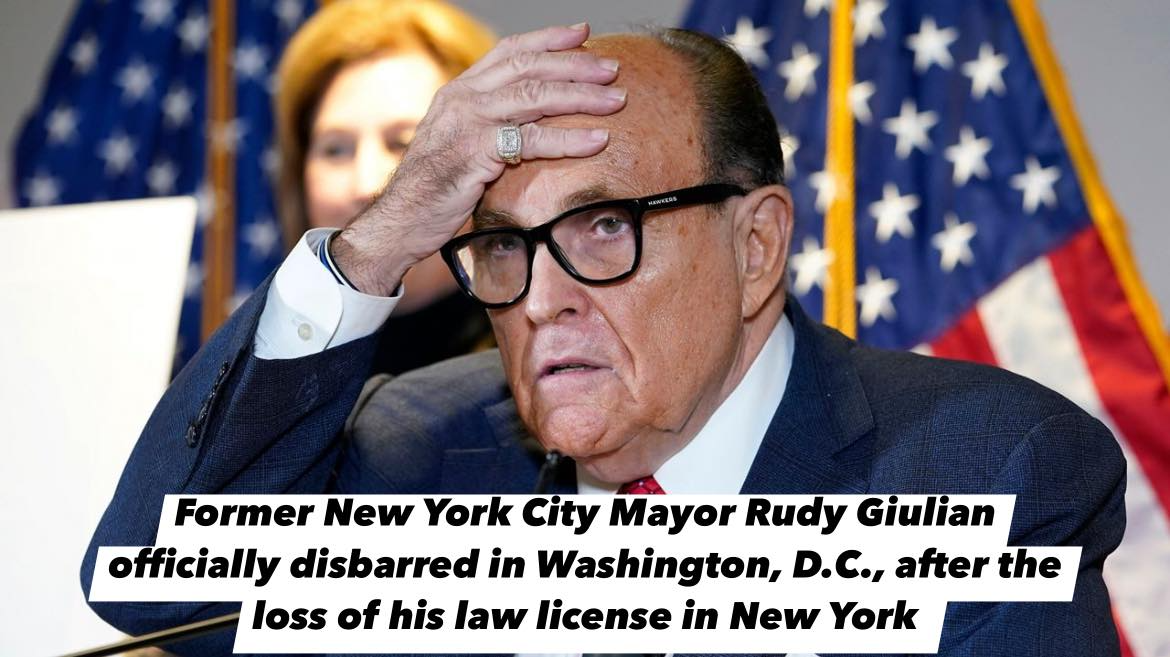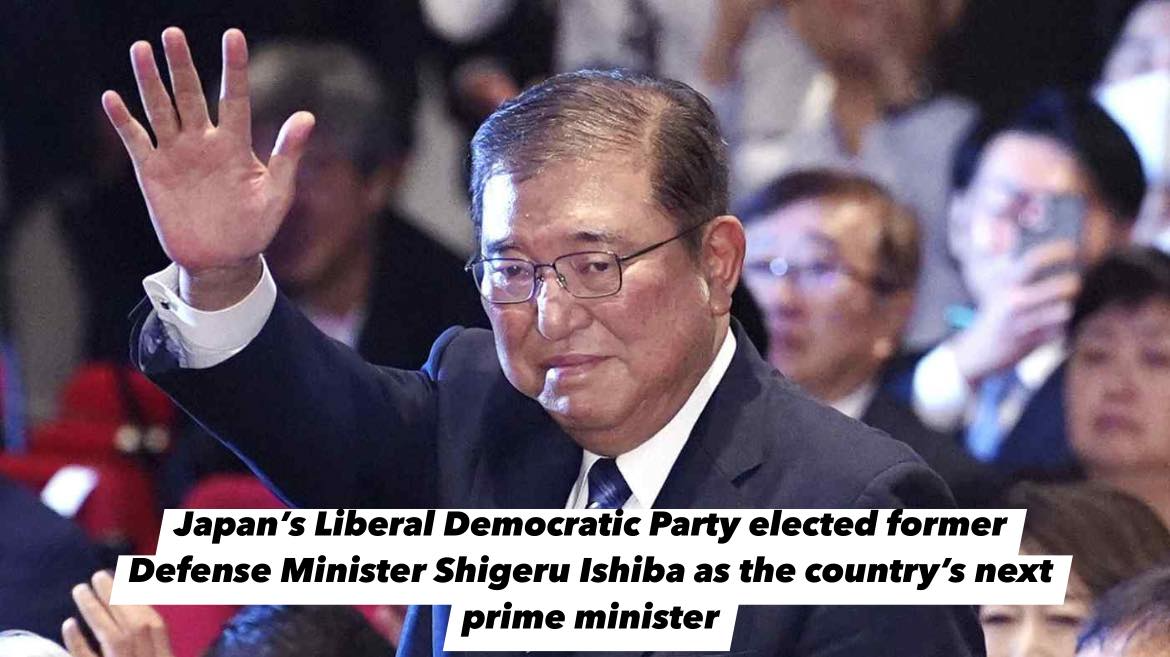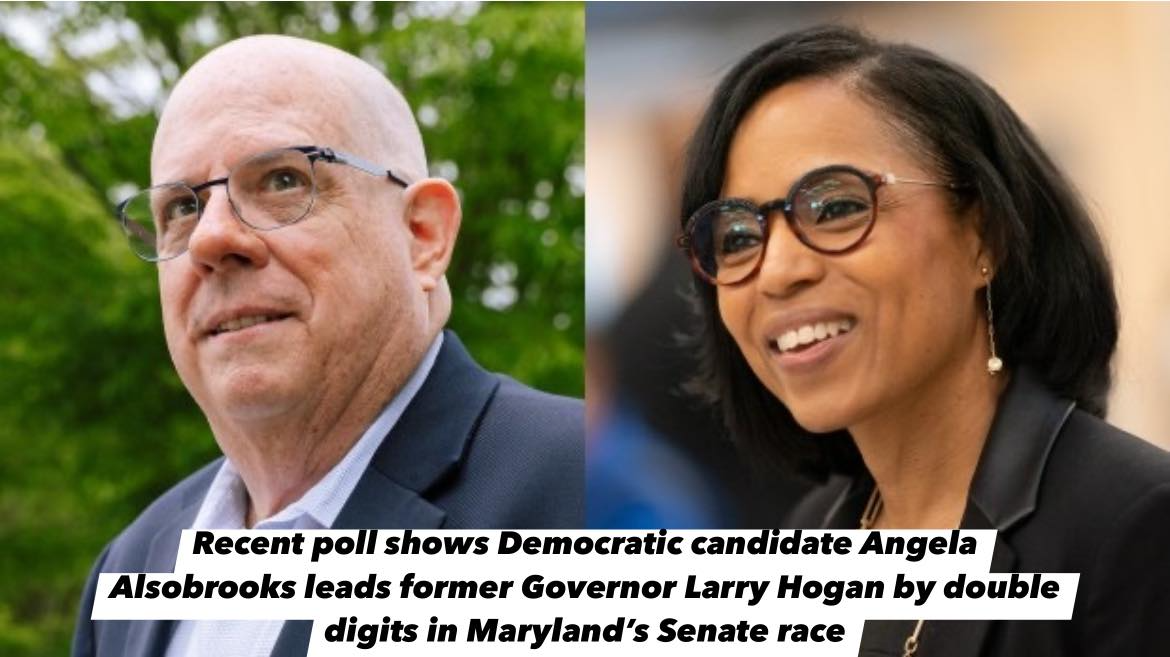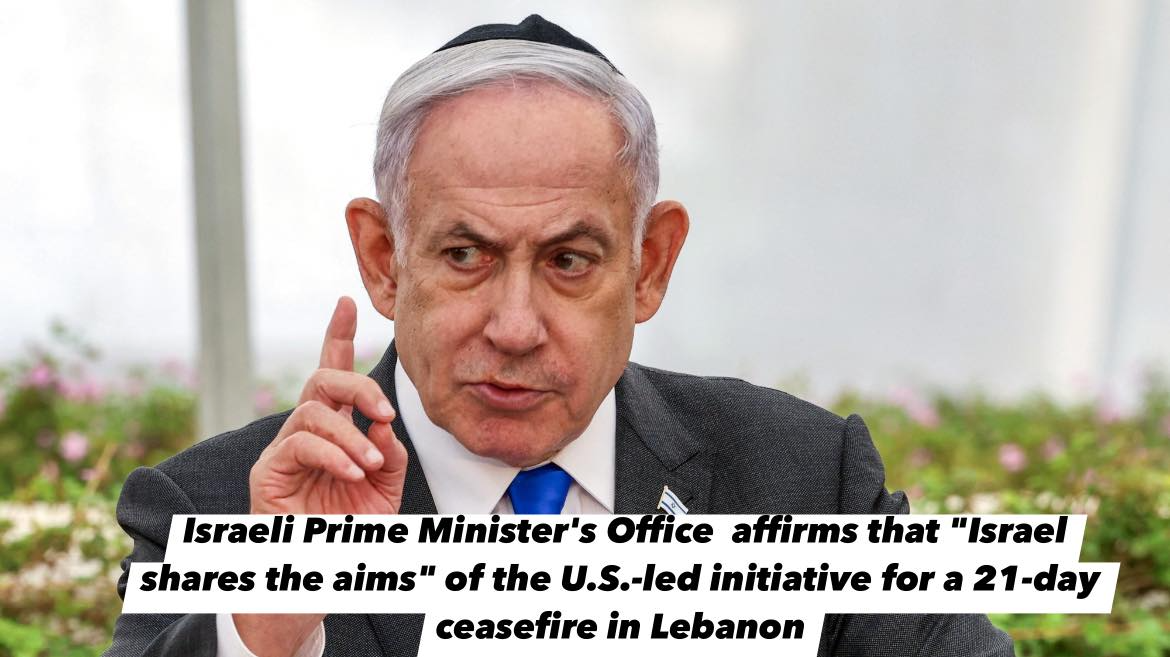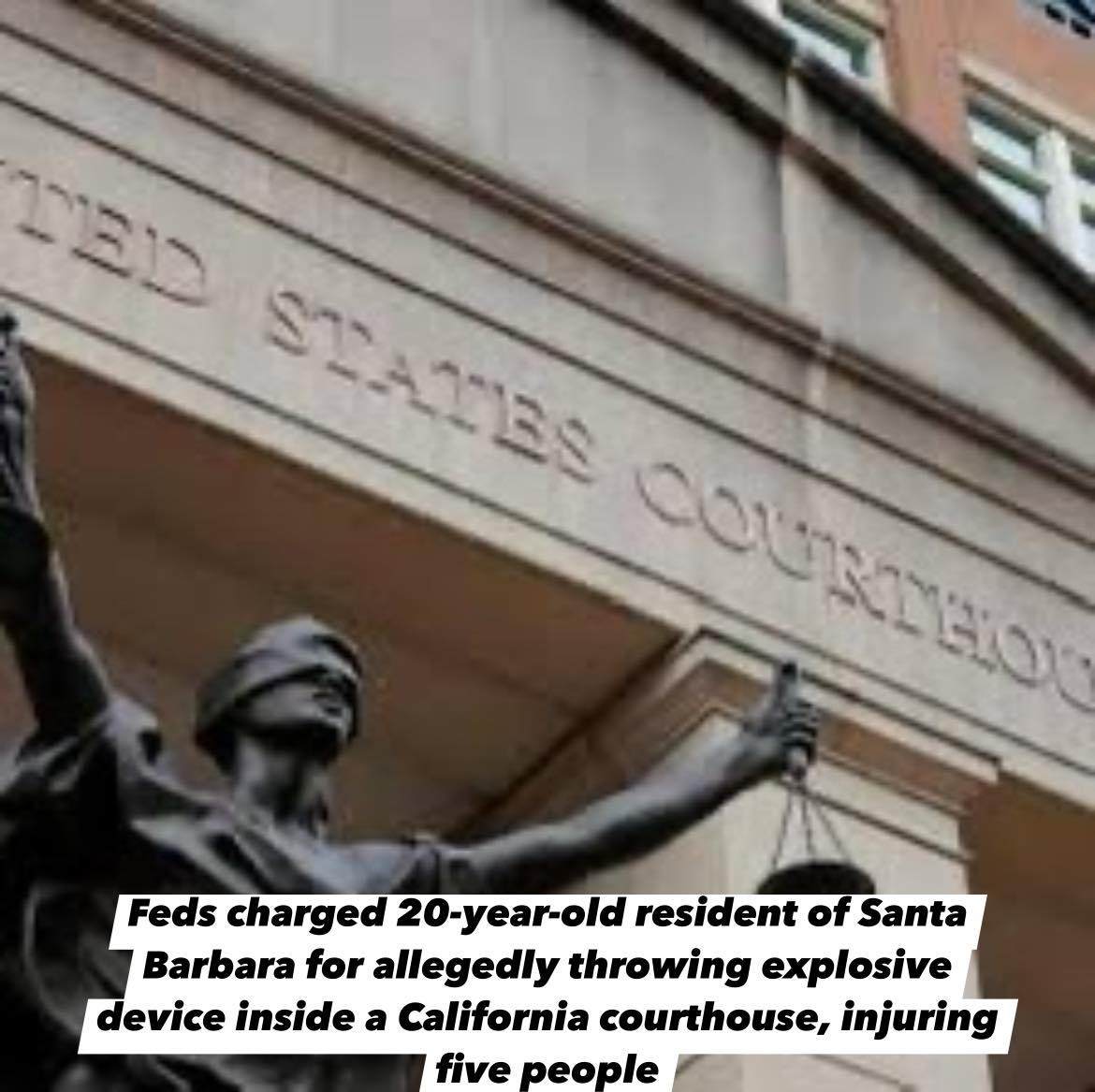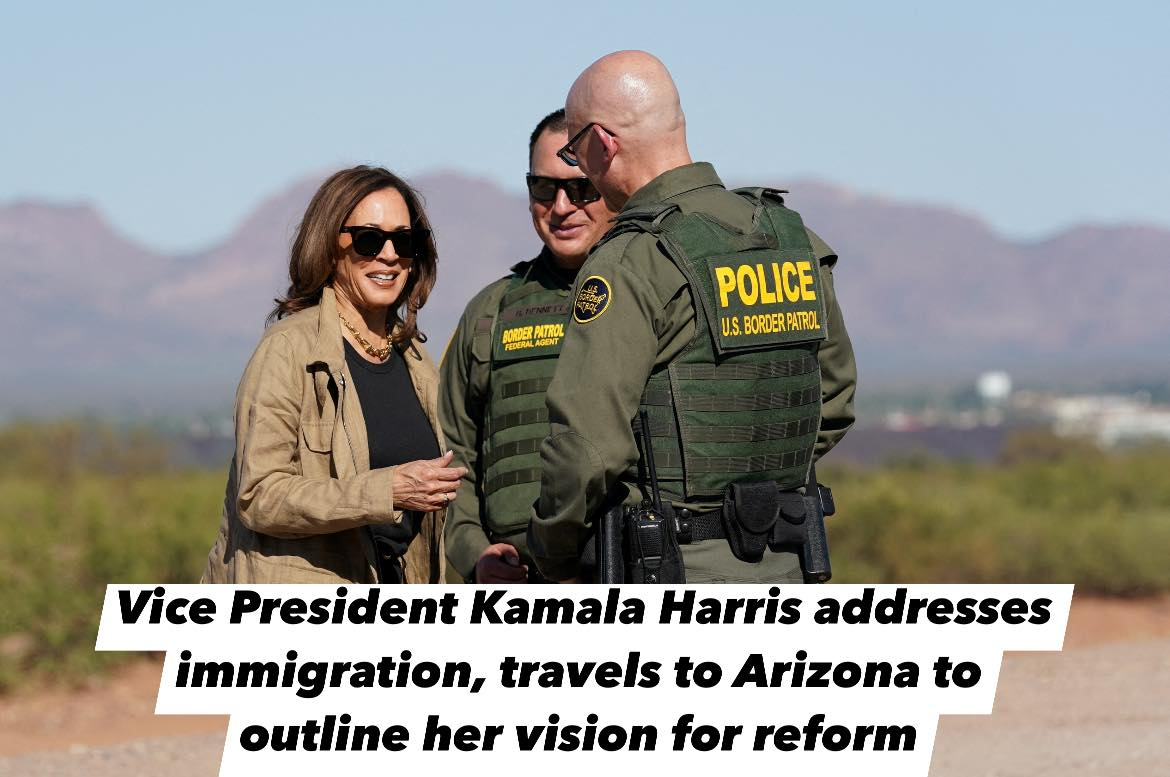This statement followed earlier comments from Prime Minister Benjamin Netanyahu denying any private understanding with the U.S. on the ceasefire, which had sparked tension with the White House. The statement, posted only in English on the Prime Minister’s Office Facebook page, raised concerns of possible mixed messaging from Netanyahu. The back-and-forth came after Netanyahu distanced himself from the ceasefire proposal, reportedly under pressure from his ultranationalist coalition partners, despite having participated in the initial negotiations.In response, the White House expressed frustration, with spokesperson John Kirby stating that the Biden administration would not have presented the ceasefire proposal without believing Israel was on board. Kirby suggested that political dynamics may have influenced Netanyahu’s comments.Strategic Affairs Minister Ron Dermer, a close Netanyahu ally, met with senior U.S. advisers, including Brett McGurk and Amos Hochstein, for a tense discussion. Later, during a meeting with Secretary of State Antony Blinken, the U.S. emphasized the importance of securing a ceasefire and diplomatic resolution to allow civilians on both sides of the Israel-Lebanon border to return home safely.Following these discussions, the Israeli Prime Minister’s Office released a revised statement acknowledging coordination with the U.S. on the ceasefire and expressing gratitude for America’s role in promoting regional
